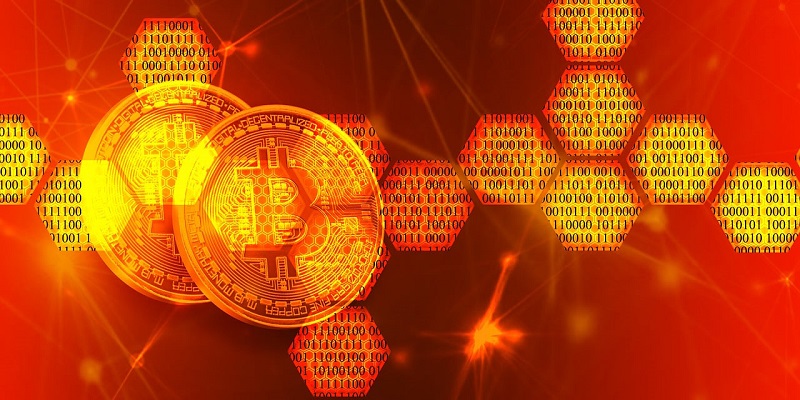In an effort to revolutionize cross-border payments and settlements, JPMorgan has been developing a blockchain deposit token. This innovative solution aims to smooth the process of transferring funds between banks and reduce transactional inefficiencies. With its existing framework already in place, JPMorgan is poised to introduce this game-changing technology to the market.
Overview of the payment framework
At the forefront of blockchain technology development, JPMorgan has already established the framework that will power its groundbreaking payment system. Built upon its robust blockchain infrastructure, this deposit token aims to enhance the speed, security, and transparency of cross-border transactions while streamlining settlements with near real-time execution.
Regulatory approval process
Recognizing the importance of regulatory approval in the banking industry, JPMorgan has made the prudent decision to suspend creating the token until it obtains the necessary green light from regulators. By adhering to regulatory guidelines, JPMorgan aims to ensure the seamless integration of its deposit token within the existing financial ecosystem, fostering trust and confidence among stakeholders.
Release plans and timeline
Once regulatory approval is secured, JPMorgan plans to roll out the deposit token to its corporate clients within a year. Leveraging its already established blockchain infrastructure, the bank anticipates a swift launch that will bring tremendous value to its clients by reducing costs, enhancing efficiency, and improving transactional speed.
Differentiation from JPM Coin
It is crucial to note that the yet-to-be-released deposit token will function differently from JPMorgan’s existing digital currency, the JPM Coin. While the JPM Coin serves as an internal settlement tool within JPMorgan’s network, the deposit token will focus on facilitating transfers to other banks, effectively bridging the gap between financial institutions and enabling seamless cross-border fund transfers.
Scope and purpose of the token
JPMorgan’s deposit token is specifically designed for payments and settlements and will not be utilized for crypto trading or as a substitute for stablecoins. Its primary function is to represent actual deposits, providing a secure and reliable medium for interbank transactions. By enabling quick and transparent settlement of cross-border payments, this token will greatly enhance global financial interactions.
Partnerships and collaborations
Continuing its commitment to advancing financial solutions, JPMorgan recently partnered with six major Indian banks to settle interbank dollar transactions effectively. This collaboration showcases JPMorgan’s dedication to fostering international partnerships that harness the power of blockchain technology to streamline and simplify cross-border transactions.
Quantum Key Distribution
In addition to its blockchain deposit token, JPMorgan has developed an innovative Quantum Key Distribution (QKD) mechanism. This cutting-edge technology is designed to safeguard blockchain networks from quantum attacks, providing an additional layer of security against potential threats. By actively addressing security concerns, JPMorgan underscores its commitment to ensuring the integrity of its blockchain-based financial solutions.
JPMorgan’s development of a blockchain-based deposit token heralds a new era of cross-border payments and settlements. With its robust framework already in place, the bank is poised to revolutionize the financial landscape by introducing a secure, efficient, and transparent system for transferring funds between financial institutions worldwide. While awaiting regulatory approval, JPMorgan remains committed to delivering innovative solutions backed by its rich experience and commitment to seamless financial operations. The deposit token exemplifies the bank’s dedication to reshaping the future of global finance and propelling the industry towards greater efficiency, security, and interconnectedness.

